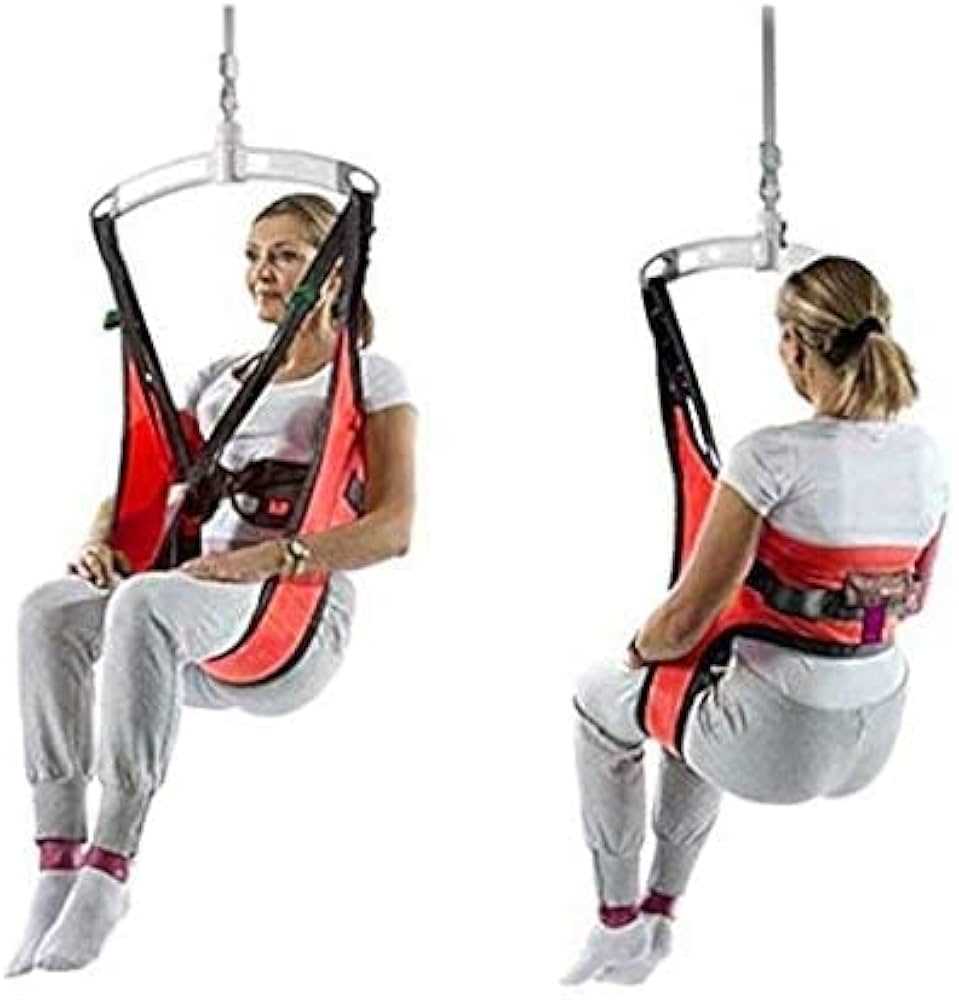
In the realm of medical assistance technology, patient handling tools play a pivotal role in ensuring safe and effective support for individuals with mobility challenges. These devices are designed to facilitate the smooth and secure transfer of patients, enhancing both their comfort and the efficiency of caregiving. Proper utilization and understanding of these aids are crucial for optimizing their benefits and ensuring safety during their operation.
This guide provides an in-depth exploration of one such mobility aid, focusing on the essential techniques for its use and maintenance. By delving into the functionality and best practices associated with this equipment, caregivers can gain valuable insights that will aid in the seamless execution of their tasks. From assembly and operation to troubleshooting and care, this resource aims to equip users with the knowledge needed for proficient management of the device.
Understanding the intricacies of this equipment not only supports the physical well-being of the patient but also contributes to a more streamlined caregiving process. Effective use of these tools can significantly reduce the risk of injury for both the caregiver and the individual receiving assistance, making the learning of proper handling techniques an indispensable part of the caregiving experience.
Understanding the Invacare Hoyer Lift
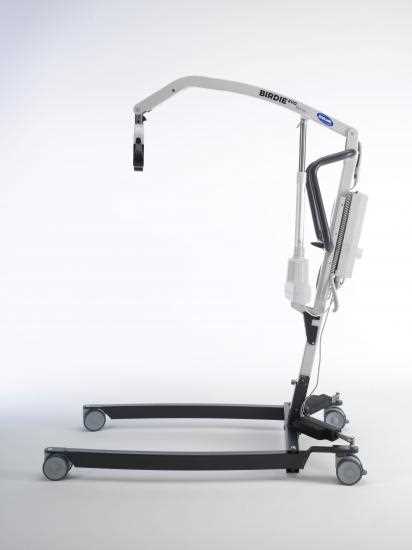
In this section, we explore a key piece of equipment designed to assist individuals with mobility challenges. This device is essential for providing safe and efficient transfers, facilitating both ease of movement and enhancing the comfort of those requiring assistance. It serves as a critical tool in improving daily living conditions and supporting independence.
Key Features and Benefits:
This apparatus is engineered to offer stability and safety, featuring a robust structure and user-friendly controls. It simplifies the process of moving individuals from one location to another, minimizing physical strain on caregivers and ensuring a smooth transition. The design incorporates adjustable components to accommodate various needs and preferences, reflecting its adaptability and practical functionality.
Usage Considerations:
When operating this device, it is crucial to familiarize oneself with its controls and features to ensure optimal performance. Regular maintenance and adherence to operational guidelines are necessary to sustain its effectiveness and safety. Understanding the proper use of this equipment will ultimately enhance both its functionality and the overall care experience.
Assembly and Setup Guide
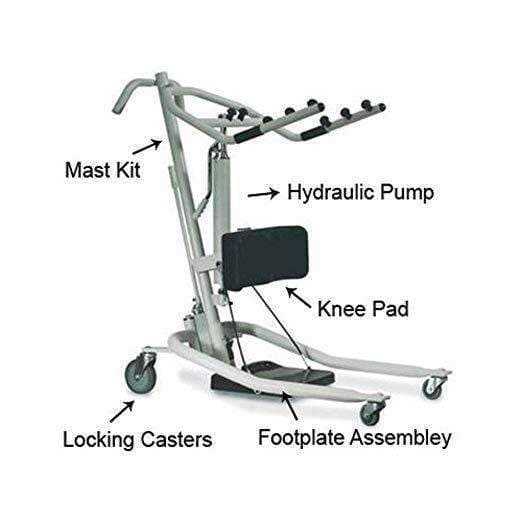
Successfully putting together and configuring this mobility device requires careful attention to detail. This section will guide you through each step, ensuring that you can assemble and adjust the equipment efficiently and safely. Following these instructions will help you achieve the optimal functionality and safety of the device.
Preparation and Unpacking
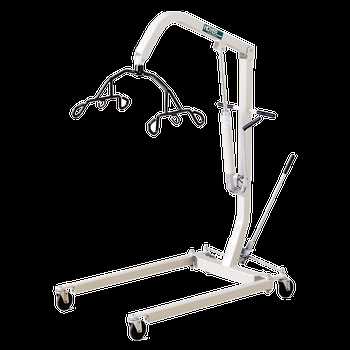
Begin by carefully unpacking all components from the shipping box. Ensure that all parts listed in the product description are present. Lay them out in an organized manner to facilitate an efficient assembly process. Inspect each component for any visible damage or defects before starting assembly.
Assembly Steps
Assemble the device by following the sequential steps provided. Secure all connections and fittings as directed, using the recommended tools. Adjust the settings according to the specifications to ensure proper operation. Verify the stability and functionality of the assembled unit before use.
Operating Instructions for Safe Use
Ensuring the safe and efficient operation of patient handling equipment is crucial for both the caregiver and the individual being assisted. This section outlines the fundamental practices to follow for the secure and proper use of this equipment, aiming to minimize risks and ensure smooth operation. By adhering to these guidelines, users can prevent accidents and maintain a high standard of care.
| Step | Description |
|---|---|
| 1 | Read and familiarize yourself with all provided documentation before using the equipment. |
| 2 | Inspect the device thoroughly for any signs of damage or wear before each use. |
| 3 | Ensure that the device is placed on a stable, level surface to prevent tipping or shifting. |
| 4 | Verify that all moving parts are functioning smoothly and that the safety mechanisms are engaged. |
| 5 | Communicate clearly with the individual being assisted to prepare them for the transfer process. |
| 6 | Perform transfers slowly and with precision, avoiding sudden movements that could cause injury. |
| 7 | Regularly maintain and service the equipment according to the manufacturer’s recommendations. |
Maintenance Tips for Longevity
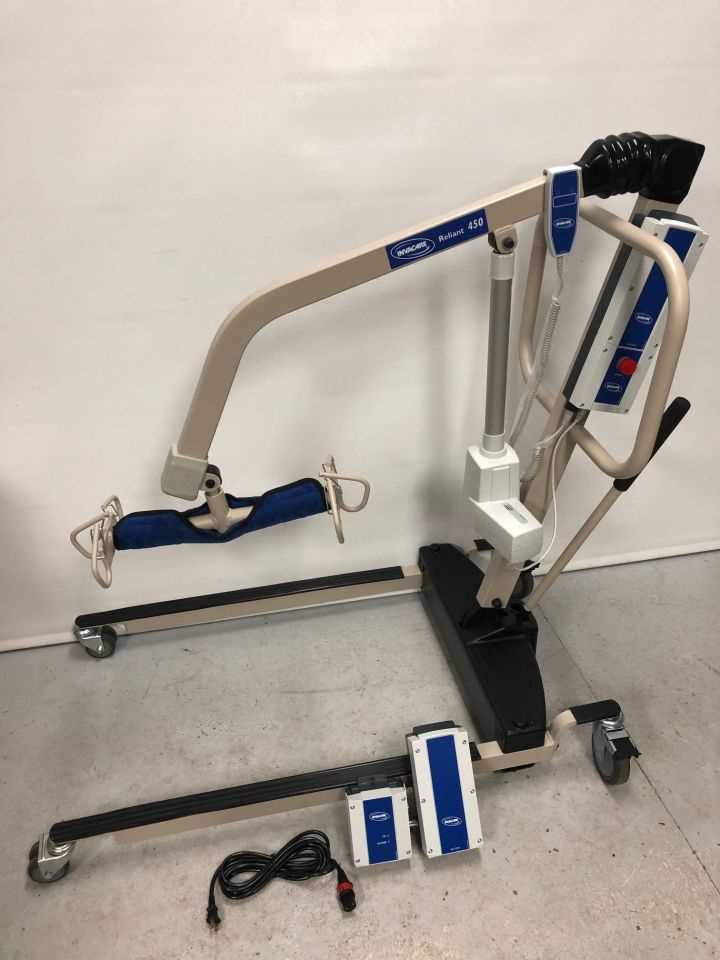
Proper care and regular maintenance are crucial to ensure that your equipment remains in optimal working condition over time. By following a few key practices, you can extend the lifespan of your device, enhance its performance, and avoid potential issues that could arise from neglect.
Begin with routine inspections to identify any signs of wear and tear. Check all components for damage and ensure that moving parts are functioning smoothly. Keeping the equipment clean and free of debris is also essential. Regularly wipe down surfaces and ensure that no dust or dirt accumulates in critical areas.
| Maintenance Task | Frequency | Description |
|---|---|---|
| Inspect moving parts | Weekly | Check for signs of wear or damage and ensure proper operation. |
| Clean surfaces | Daily | Wipe down all surfaces to remove dust and debris. |
| Check fluid levels | Monthly | Ensure that all fluids are at appropriate levels and top up if necessary. |
| Lubricate parts | Every 3 months | Apply lubricant to moving parts to reduce friction and wear. |
| Verify electrical connections | Every 6 months | Check all electrical connections for signs of wear or loose connections. |
By adhering to these guidelines, you can ensure the equipment remains safe and efficient, ultimately providing reliable performance for years to come. Regular maintenance not only helps in avoiding unexpected breakdowns but also contributes to a safer and more effective user experience.
Troubleshooting Common Issues
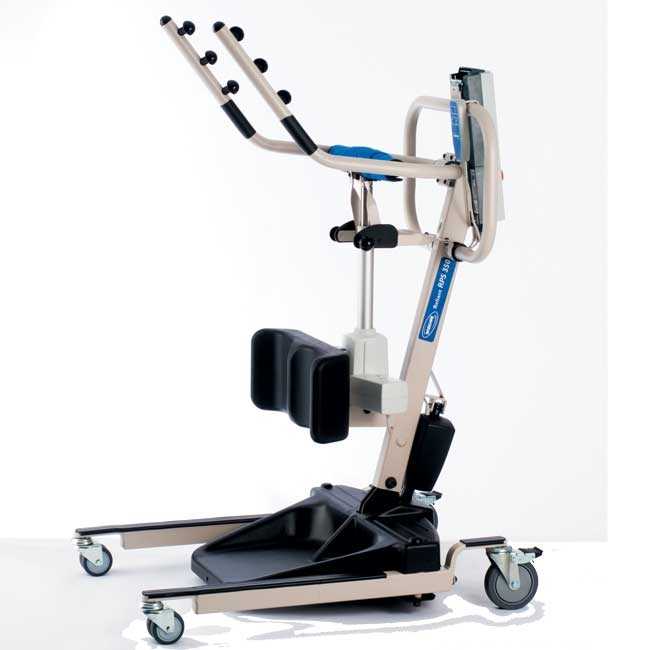
Addressing frequent problems with mobility equipment can enhance safety and efficiency. This section offers guidance on resolving typical malfunctions and ensuring optimal performance. Understanding these issues will help maintain smooth operation and extend the lifespan of the device.
Equipment Not Operating
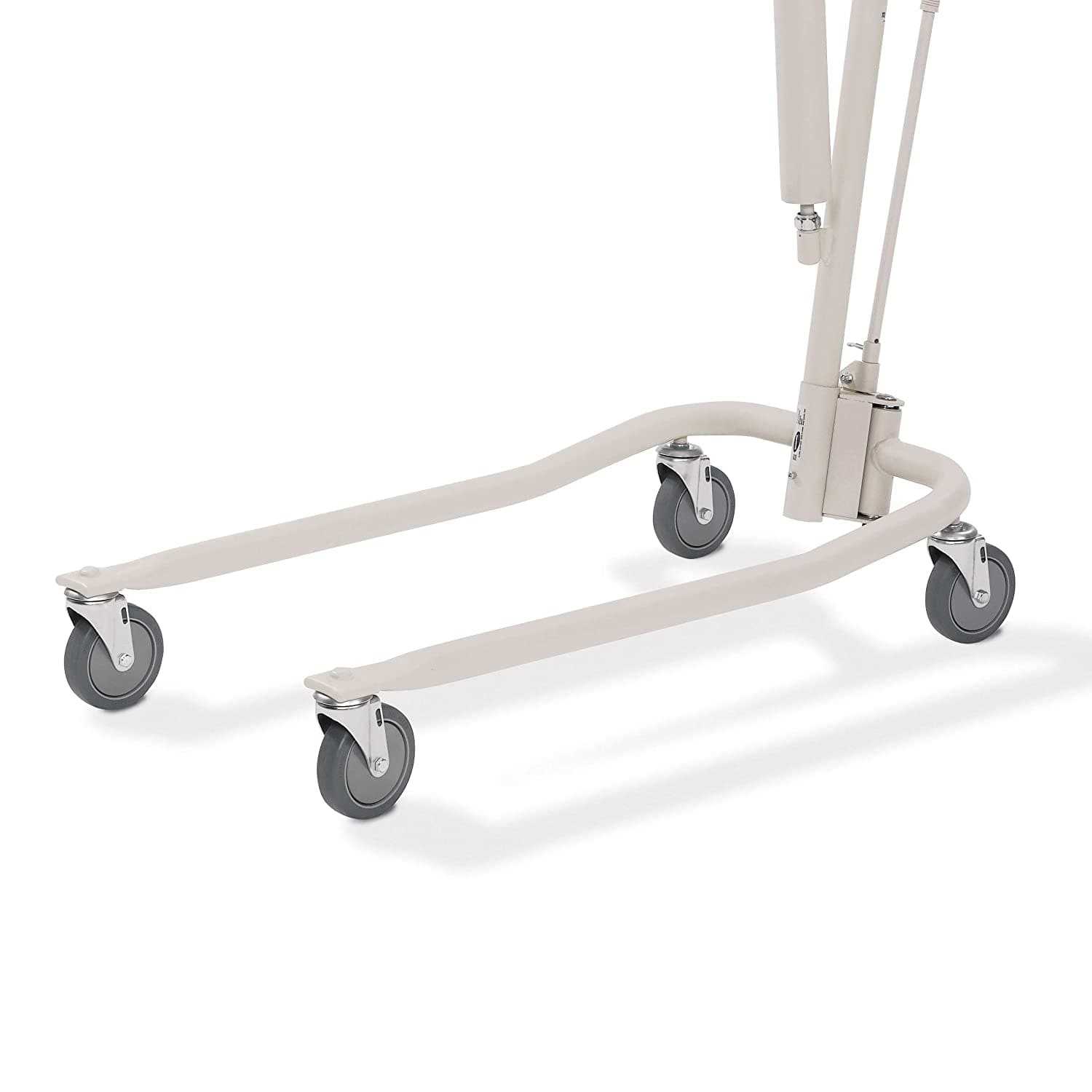
If the device fails to activate, first check the power source and connections. Ensure that all plugs are securely connected and the power supply is functioning. If the issue persists, examine the control panel for any error messages or indicator lights that may signal a specific problem.
Unusual Noises
Unusual sounds can indicate mechanical issues or loose components. Inspect all moving parts and connections for wear or misalignment. Lubricate parts as needed and tighten any loose screws or bolts. If noises continue, consult with a technician for a more detailed inspection.
Safety Guidelines and Best Practices
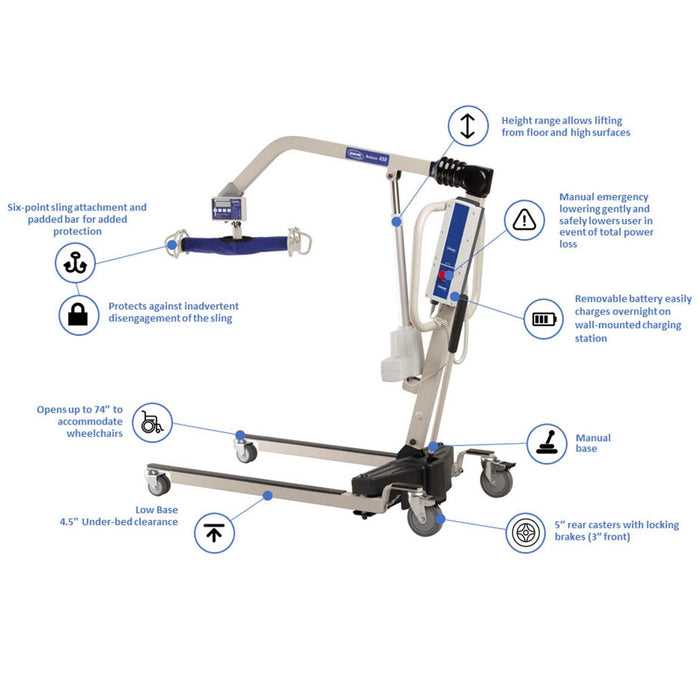
Ensuring safe and effective use of mobility aids is crucial for both users and caregivers. By adhering to established safety protocols and best practices, the risk of accidents and injuries can be minimized while maximizing the functionality and longevity of the equipment.
General Safety Tips
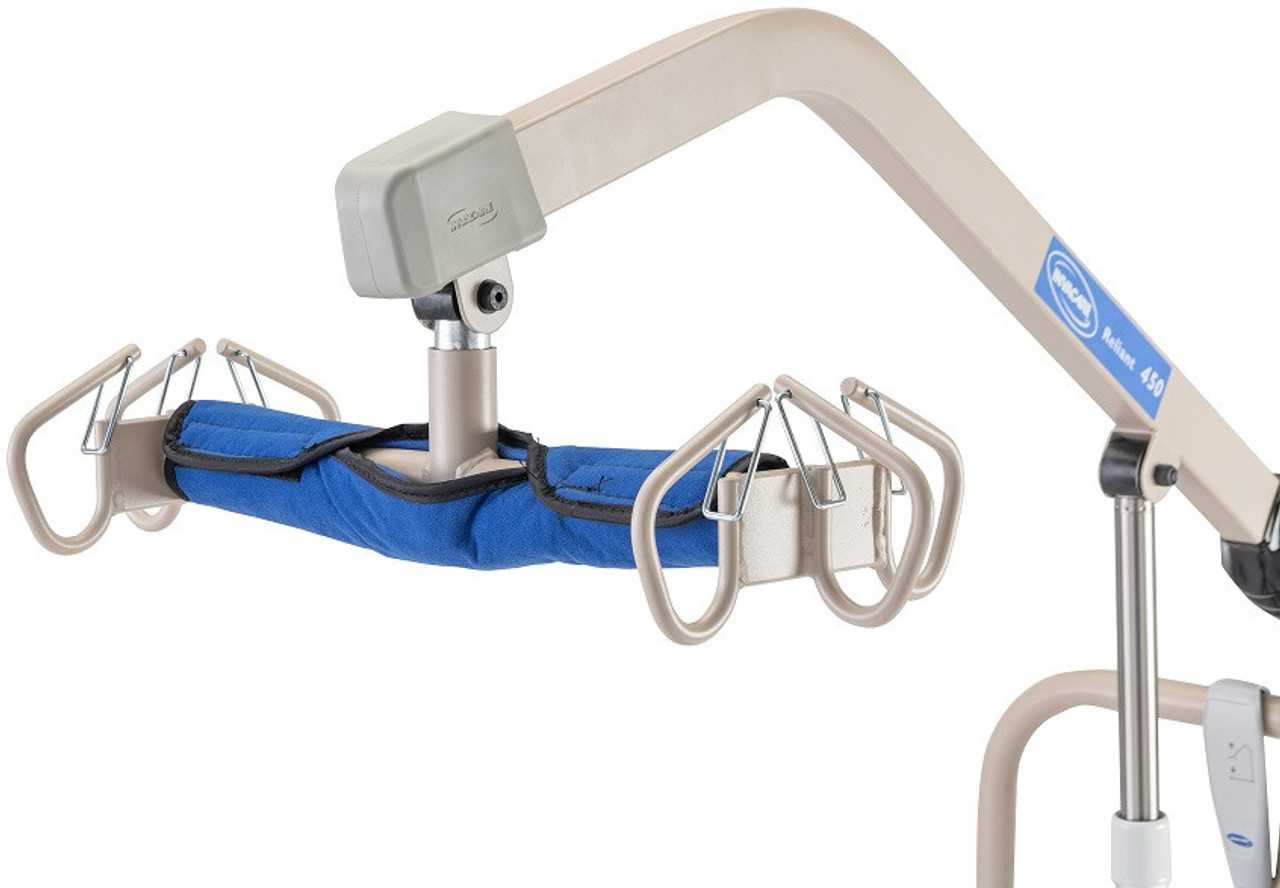
Always inspect the equipment before use to confirm it is in proper working condition. Check for any signs of damage or wear that could compromise safety. Ensure that all components are securely fastened and that the device operates smoothly.
Operational Best Practices
Follow these operational guidelines to maintain safety and efficiency:
| Action | Recommendation |
|---|---|
| Setup | Verify that the device is placed on a stable, level surface before operation. |
| Usage | Ensure the user is positioned correctly and securely before initiating any movement. |
| Monitoring | Never leave the user unattended while the equipment is in operation. |
| Maintenance | Regularly inspect and service the equipment according to the manufacturer’s recommendations. |
Replacement Parts and Accessories
Maintaining and enhancing your equipment’s functionality often involves replacing worn-out components or adding supplementary items. This section provides guidance on obtaining and selecting the necessary parts and accessories to ensure optimal performance and longevity of your apparatus. Understanding which components are essential for your system will help in making informed decisions for upkeep and upgrades.
Essential Components
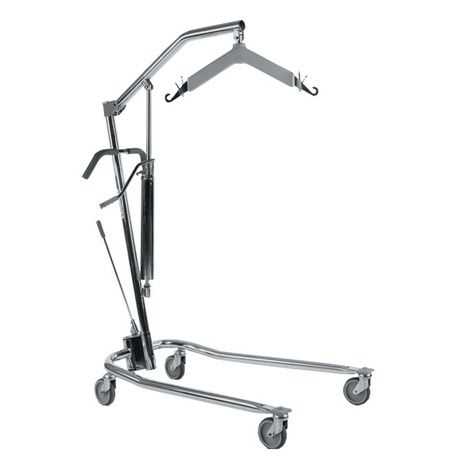
Over time, certain parts may become worn or damaged and require replacement. Commonly needed components include hoist slings, casters, and battery packs. These elements are critical for the smooth operation and safety of the equipment. Ensure you acquire parts that are compatible with your specific model to maintain efficiency and safety.
Additional Accessories
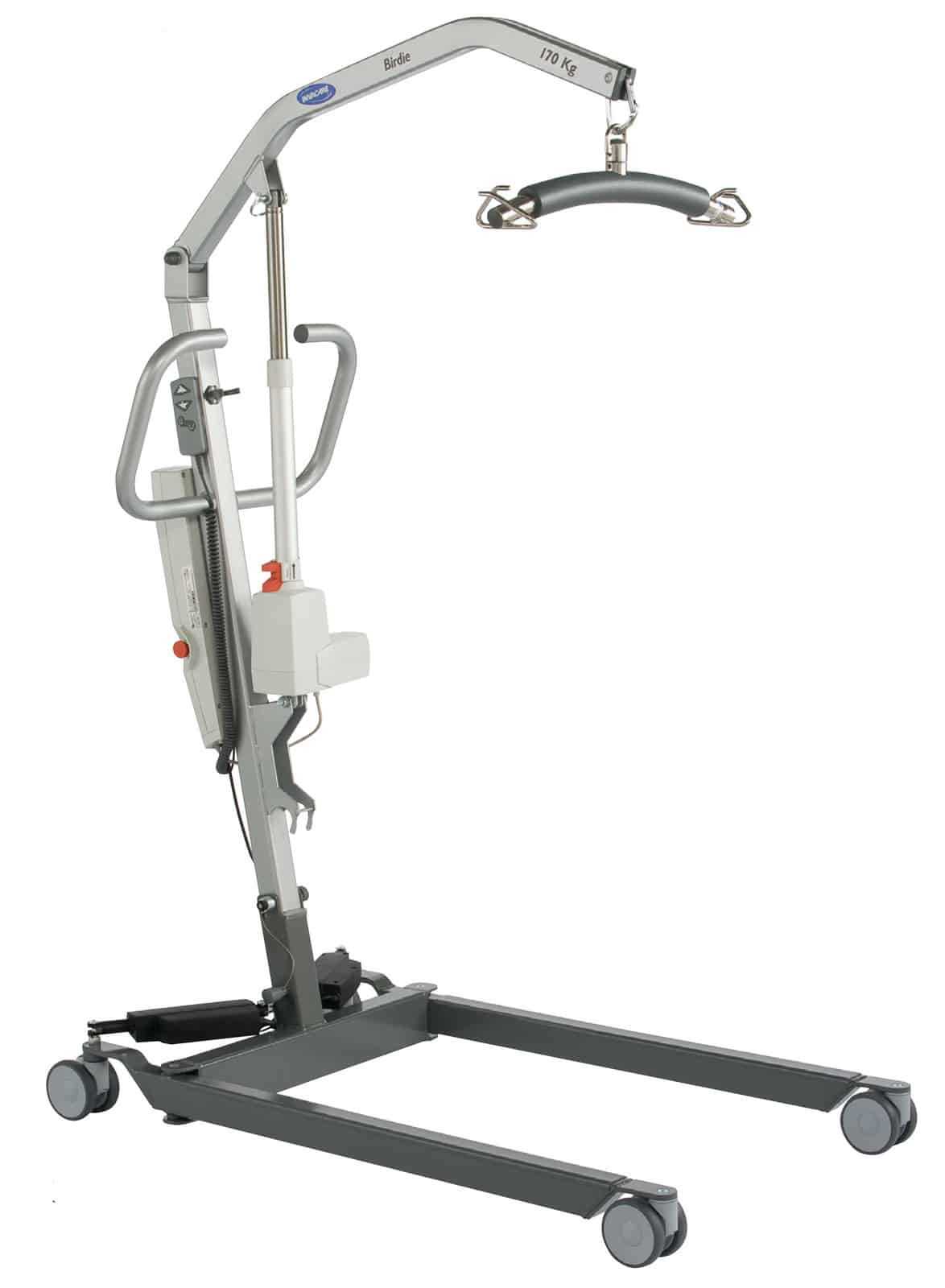
In addition to replacement parts, various accessories can enhance the functionality of your device. Optional items such as extension bars and comfort pads can provide extra convenience and improve user experience. When selecting accessories, consider your individual needs and the compatibility with your current system.